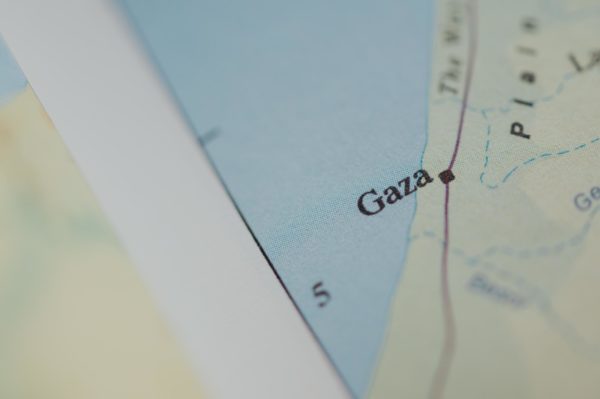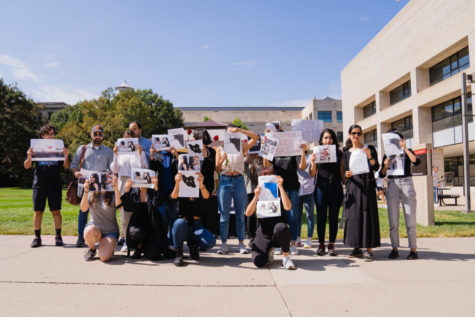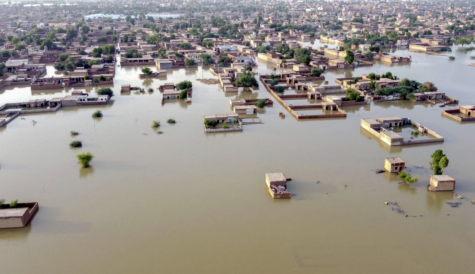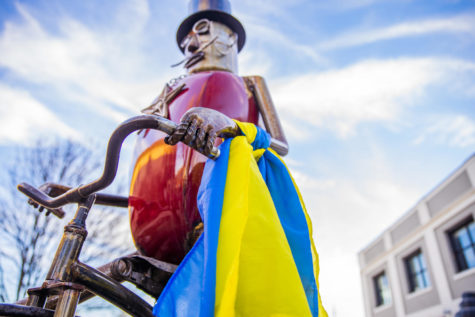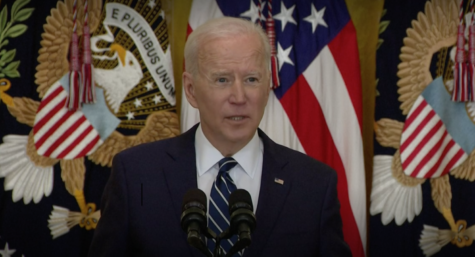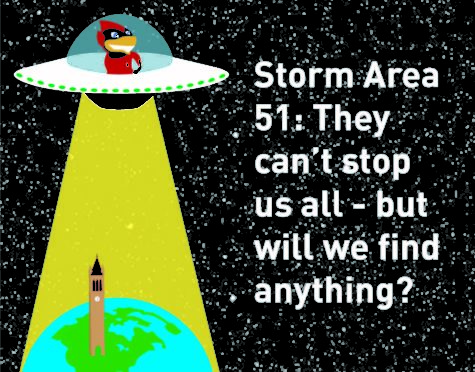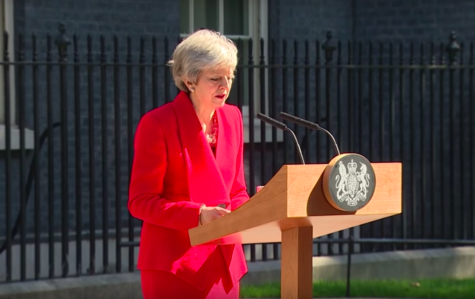Pakistanis to show support for schoolgirl activist shot by Taliban
October 12, 2012
ISLAMABAD, Pakistan — Pakistanis are gathering Friday to show support for Malala Yousufzai, the schoolgirl activist who was shot by the Taliban and remains unconscious in a military hospital.
Demonstrations wishing a speedy recovery to Malala, who stood up to extremists for her right to go to school, were expected around the country after Friday prayers.
And government offices in Peshawar, the main city in the northwestern region where Malala is from, observed a minute’s silence to pay tribute to her, two local officials said.
Malala, 14, was gunned down Tuesday as she headed home from school in Pakistan’s conservative Swat Valley. The attack has provoked outrage in Pakistan and around the world, focusing renewed attention on the violent extremism that has plagued the Muslim nation.
Three men who are in custody have given statements identifying a suspect involved in the attacks, Senior Police Officer Gul Afzal Afridi said.
The suspect has not been arrested, but police have reason to believe he played a role in the attack, he said.
Doctors removed a bullet lodged in Malala’s neck Wednesday and have kept her sedated and on a ventilator since. They say she is suffering from severe cerebral edema, or swelling of the brain.
On Thursday, authorities transferred her to the Armed Forces Institute of Cardiology in Rawalpindi, near Islamabad, after a panel of doctors determined that it had “the best resources and facilities,” according to Gen. Asim Bajwa, a spokesman for the Pakistani military. She had previously been treated in a hospital in Peshawar.
“Neurosurgical specialists and intensive care specialists are satisfied with her condition, but the next 36 to 48 hours are very important,” Bajwa said Friday.
The Taliban have claimed responsibility for shooting Malala, who angered the militant group by blogging about her daily battle with extremists who use fear and intimidation to force girls to stay at home instead of going to school. Malala’s online writing earned her Pakistan’s first National Peace Prize in November.
The Taliban have vowed to kill the teenager if she survives.
Reports in the Pakistani media suggested that the government was considering sending her overseas for treatment, but Bajwa said Friday that “so far, there is no plan to take her abroad.”
Pakistani Foreign Minister Hina Rabbani Khar on Thursday called the attempted assassination of Malala “a wake-up call” for the nation.
Khar told CNN’s Christiane Amanpour that people in Pakistan and all over the world must confront those “who choose to use violence … to follow whatever they consider to be their agenda.”
The debate over how to respond to the attack continued Friday in the Pakistani news media.
“Just as the Taliban scare us with terror, we must scare them by making them unable to operate,” Madiha Afzal, an assistant professor at the University of Maryland who grew up in Pakistan, wrote in an opinion piece published in The Express Tribune.
“We must terrorize them by investing more than ever before in educating girls,” she said.
When Taliban gunmen stopped the van carrying Malala and two other girls from school Tuesday, they asked which one was Malala Yousufzai. When the girls pointed her out, the men fired, striking all three girls. The two others were not seriously injured.
Police have questioned scores of people following the shooting, including the van driver, but are yet to announce any clear breakthroughs.
Around 35 people are in custody at the moment and are undergoing interrogation by local police, said Akhtar Hayat a senior police officer.
“They have some hints but no solid evidence” about who the culprits are, he said.
Despite the appalled reaction by many people inside and outside Pakistan, the Taliban have issued a series of unapologetic statements since the shooting.
The militant group targeted Malala because it knew that an attack against her would have an impact in the West, Ihsanullah Ihsan, a spokesman for the Taliban, said Thursday.
Their message was that “we do not tolerate people like Malala speaking against us,” he said.
Khar, Pakistan’s foreign minister, said Malala’s shooting — and the Taliban’s justification for it — has been “rejected by all Pakistanis.”
The assassination attempt has also stirred furor abroad.
Former U.S. first lady Laura Bush, for instance, hailed Malala as an inspiration.
“We must speak up before these acts occur, work to ensure that they do not happen again, and keep our courage to continue to resist the ongoing cruelty and barbarism of the Taliban,” Bush said, writing in The Washington Post on Wednesday. “Malala Yousufzai refused to look the other way. We owe it to her courage and sacrifice to do the same.”
The singer Madonna said, during a Wednesday night concert in Los Angeles, that Malala’s story made her cry, and she exclaimed, “Support education! Support women!” As she performed a striptease, Madonna “turned her back to the audience to reveal the name ‘Malala’ stenciled across it,” according to The Hollywood Reporter.
“This song is for you, Malala,” she said, and then sang “Human Nature.”
Malala wrote about her life in Swat Valley, a hotbed of militant activity.
The valley near the Afghanistan border once attracted tourists to Pakistan’s only ski resort, as well as visitors to the ancient Buddhist ruins in the area. But that was before militants — their faces covered with dark turbans — unleashed a wave of violence.
They demanded veils for women, beards for men and a ban on music and television. They allowed boys’ schools to operate but closed those for girls.
It was in this climate that Malala reached out to the outside world through her blog posts.
“I have the right of education,” she said in a CNN interview last year. “I have the right to play. I have the right to sing. I have the right to talk. I have the right to go to market. I have the right to speak up.”
Malala also encouraged other young people to take a stand against the Taliban — and to not hide in their bedrooms. “God will ask you on the day of judgment where were you when your people were asking you, when your school fellows were asking you, and when your school was asking you (why) I am being blown up.”
— Journalists Nasir Habib, Aamir Iqbal and Noreen Shams contributed to this report.






